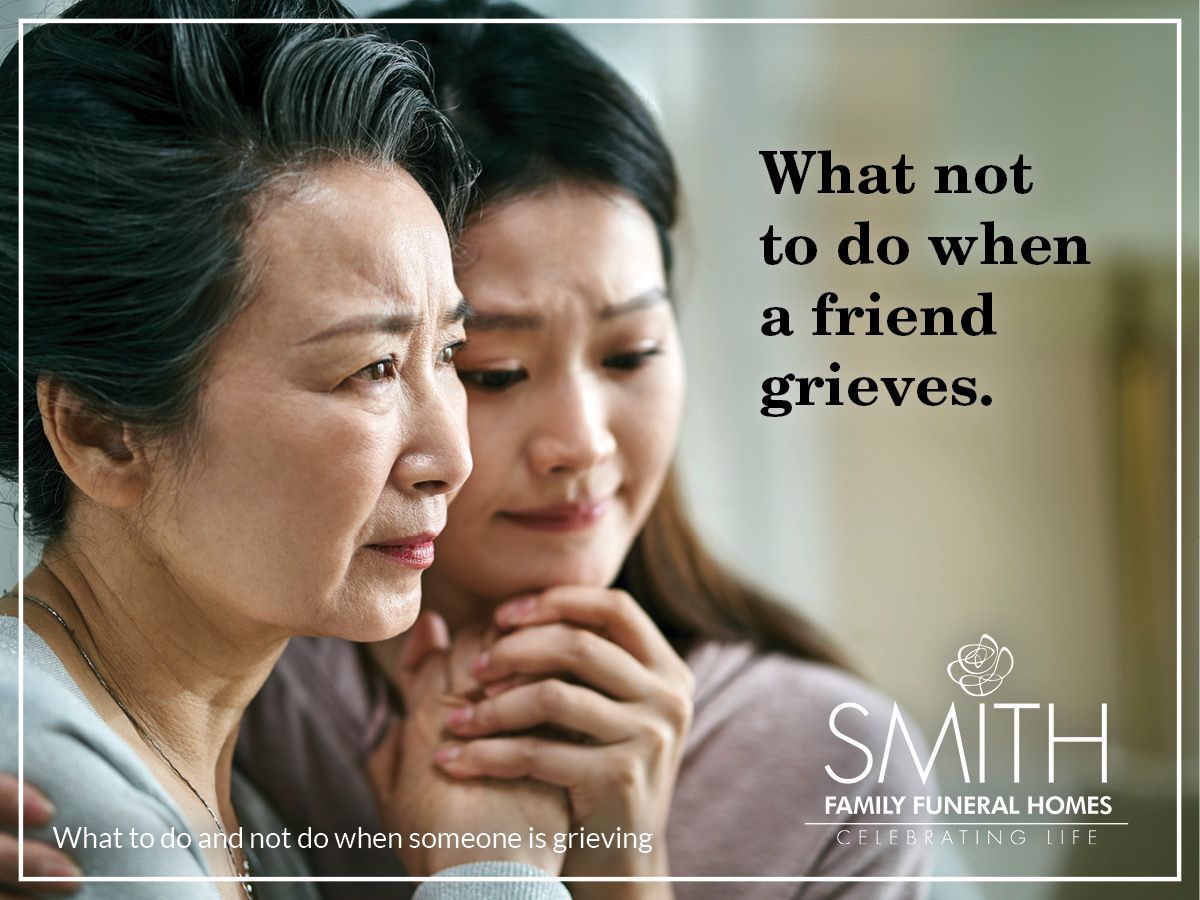
There are many days throughout the year that remind us of our loved ones who are no longer with us physically. We find ourselves thinking of them on their birthdays, special holidays, or anniversaries. The anniversary of their passing can be an especially difficult day. Experiencing grief on this day is natural, but it can be overwhelming and painful. Here are a few tips to help you get through this challenging day.
5 Tips for Facing Grief on the Anniversary of a Loved One’s Passing
1. Accept your grief.
The anniversary of a loved one’s passing can trigger feelings of grief, which can be difficult to accept. Although the five stages of grief have been debunked time and again, many people believe that grief has a formula and a timeline. While it’s true that the most intense symptoms of grief are often resolved within the first two years after a loss, grief is sneaky. It can manifest itself when certain triggers are reintroduced. Those triggers may include your loved one’s favorite song playing on the radio or visiting a place where you hold cherished memories with them. Another common trigger is a special day, such as the anniversary of their passing.
Some people become frustrated when grief resurfaces. They may believe that it’s a sign that they’re not grieving properly, but the truth is that grief returning can be a natural occurrence. You may feel symptoms of grief whenever this anniversary arises. Although the old adage claims that time heals all wounds, it’s natural to miss the people that you love. No matter how many years go by, that love that you have for them never fades. And you may feel that love even more intensely on occasions that make you think of them and how much they meant to you.
2. Express your grief.
Because some people believe that they’re not supposed to grieve beyond a certain time frame, they may feel shame for their emotions. That shame may prevent them from opening up about their feelings. Or they may simply feel like talking about their grief is a bother to others. But the people who love you want to help you. It’s okay to cry. It’s okay to ask to be held. It’s okay to grieve. Holding grief inside may end up hurting you more than you realize.
Expressing grief has been shown to help not only you but the people around you. When you talk about how you’re feeling, you open the door to a healing conversation. When people hold their grief in, they often believe that they’re “being strong” and even protecting the others around them who they love. But stoicism isn’t the answer to grief that some believe it is. It’s a natural human need to share emotions. Studies indicate that you and your loved ones will only experience more grief by denying that need.
However, not all loved ones are receptive to hearing about grief. Unfortunately, some individuals go through disenfranchised grief. This type of grief manifests when friends and family do not validate your feelings and believe you’re grieving when you don’t have to. Although you may have internalized beliefs about not feeling like you should grieve on the anniversary of a loved one’s passing, you may also be experiencing external forces that reinforce this idea. If you’re experiencing disenfranchised grief, you may want to consider talking to a mental health professional so that you have a place to express your grief that’s receptive.
3. Don’t face the day alone.
When you know that the anniversary of a loved one’s passing is coming up, you should try to surround yourself with people who are understanding of the situation. Being alone with your thoughts may not be the best course of action. How you handle being around others is up to you. You may simply want a distraction, or you may want to talk to someone about your loved one. It may be a good idea to schedule an appointment with a mental health professional in advance to meet on this particular day. By making this appointment, you’ll have someone experienced in grief to guide you through understanding and facing your emotions.
4. Plan events that aren’t too draining.
Some people want to talk about their loved one on the anniversary of their passing. Other people would prefer to take their mind off of what day it is. One way to distract yourself is to plan something for you to look forward to. Maybe plan a day of back-to-back movies in your favorite theater. Or go shopping with a friend and grab lunch at a place you love.
It’s best not to plan something too demanding. Ideally, if you have to plan in advance, look for things that you wouldn’t mind missing or that are refundable. Your emotions may overwhelm you more than you expect. If you’re not up to doing something after all, make sure that you plan something that wouldn’t be a big deal to miss. For instance, you probably don’t want to spend a lot of money on a concert several towns over because you may not be up to traveling or large crowds while you’re grieving. And you might be upset to have spent so much money and time on the plans just to miss the show.
5. Practice self-care.
When many people hear the term self-care, they picture bubble baths, face masks, and other little luxuries. And while those might be lovely ways to relax, it’s essential to remember that self-care literally means taking care of oneself, both mentally and physically. When you’re grieving, it can be hard to do the things that you would usually do to take care of yourself.
Remember to celebrate the little wins. It may feel silly at first, but be proud of yourself for brushing your teeth or taking a shower. Celebrate eating a healthy meal, but don’t beat yourself up if you treat yourself to a slice of pizza. The biggest part of self-care on the anniversary of a loved one’s passing is to be kind to yourself.
Every year, you may experience grief on the day that a loved one passed. It’s not you regressing. It’s just you coming across a trigger for your emotions. Be patient with yourself, and remember that what you’re feeling is natural. Take time on this day to lift yourself up and let others do the same. Grieving with others is often better than grieving alone.
Smith Family Funeral Homes provides quality funeral, memorial and cremation services to the families of Central Arkansas. Their six locations can be found in Little Rock, North Little Rock, Westbrook, Sherwood, Benton and Arkadelphia. With a privately-owned crematory operated by licensed professionals, Smith Family Funeral Homes can guarantee their high standard of care throughout the cremation process. To learn more, visit smithfamilycares.com.













